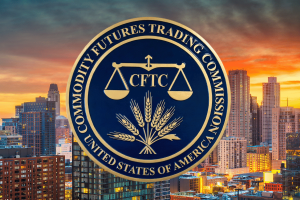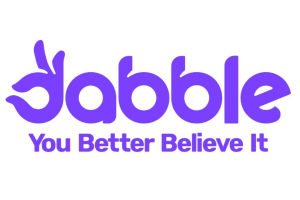
The U.S. Supreme Court has declined to hear an appeal from Elon Musk’s X Corp, previously known as Twitter, regarding the disclosure of user data requests by federal law enforcement for national security purposes, as per Reuters reporting. This decision upholds a lower court’s ruling that the FBI’s restrictions on public disclosure by the company do not violate the First Amendment’s free speech rights.
The origins of this legal battle date back to 2014, well before Elon Musk’s acquisition of Twitter in 2022. The lawsuit emerged in the wake of Edward Snowden’s 2013 leaks, which revealed extensive U.S. government surveillance and spying activities. These revelations sparked a public outcry and led to tech giants, including Google, Microsoft, Twitter, and Facebook’s parent company Meta Platforms, pushing for more transparency about government data requests.
In response, the U.S. government, in 2014, relaxed its restrictions, allowing companies to disclose the frequency of national security-related data requests in broad ranges rather than exact numbers. This policy change was further cemented by Congress in 2015, permitting limited disclosure of national security letters and Foreign Intelligence Surveillance Act orders in increments ranging from 100 to 1,000.
However, X Corp sought to take transparency a step further by revealing the exact number of national security orders it received in a six-month period. The company prepared a draft report for the FBI’s review, intending to release this information publicly. The FBI, however, classified the report’s contents, preventing their public disclosure.
The legal challenge by X Corp questioned the balance between national security interests and the public’s right to know about government surveillance activities. The company argued that understanding the extent of government requests for user data was crucial for public discourse on electronic communication surveillance, which it described as a “fertile ground for government abuse” and a politically charged issue.
Despite these arguments, a trial judge dismissed X Corp’s lawsuit, and the 9th U.S. Circuit Court of Appeals in San Francisco upheld this decision in March 2023. The appellate court ruled that the government’s restrictions on X Corp’s speech were “narrowly tailored in support of a compelling government interest.”
The Supreme Court’s refusal to hear X Corp’s appeal leaves the lower court’s decision intact, marking a significant moment in the ongoing debate over privacy, transparency, and national security in the digital age. This decision implies that tech companies will continue to be limited in how they can publicly discuss government surveillance requests, maintaining a status quo that some critics argue lacks sufficient transparency for users and the general public.
Source link




